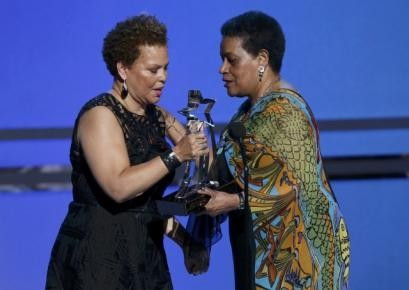Amnesty report card on New Zealand's UN performance in human rights looks unexciting

Human rights organisation Amnesty International has given a mixed rating for New Zealand on its initiatives in addressing abuse of human rights in many areas ever since it won the huge seat at the United Nations Security Council in January. The findings were part of the watchdog’s report card on New Zealand’s contribution towards protecting human rights under the aegis of the Security Council.
The report faulted New Zealand for refusing to organise the bi-annual Security Council debate on protecting civilians in conflict. It said the debate would have been a key opportunity in considering practical ways and means to save lives on the ground and gave a grade of C+ for it. In women’s rights, New Zealand was given a fail grade of C-.
The Amnesty report noted the failure in mainstreaming women’s rights concerns into a flagship debate during its July presidency on security challenges to Small Island Developing States. “It failed to show support for women’s peace efforts in debates on Afghanistan, DR Congo, Libya and Syria," the report stated. The report also pulled up New Zealand for having done “very little” to share the massive refugee burden in the Syria humanitarian crisis, and gave the grade of C+.
Efficacy lauded
However, Amnesty was all praise for New Zealand in making the UN Security Council more effective during its July presidency and awarded a glowing A-grade. This was because New Zealand "identified the veto power as the single biggest cause of inaction by the Council" and "strongly condemned Russia’s use of the veto blocking UNSC resolutions on the genocide in Srebrenica and the downing of flight MH17." New Zealand was also supportive of France’s efforts to limit the veto power in situations of mass atrocities, the watch dog’s report card noted.
Refugees
In his comments, Executive director of Amnesty International NZ Grant Bayldon said New Zealand has taken some positive steps in human rights yet it missed out key opportunities in making effective changes, especially in relation to increasing intake of refugees. "If New Zealand really wants to make a difference on the Council, the refugee crisis is a good place to start. But New Zealand can't effectively address the biggest humanitarian challenge of our time while refusing to increase its own refugee quota." New Zealand’s current intake of refugees is a meagre 750, which, Amnesty noted, ranks the country at 90th position in the world on a per capita basis.
(For feedback/comments, contact the writer at feedback@ibtimes.com.au)





















